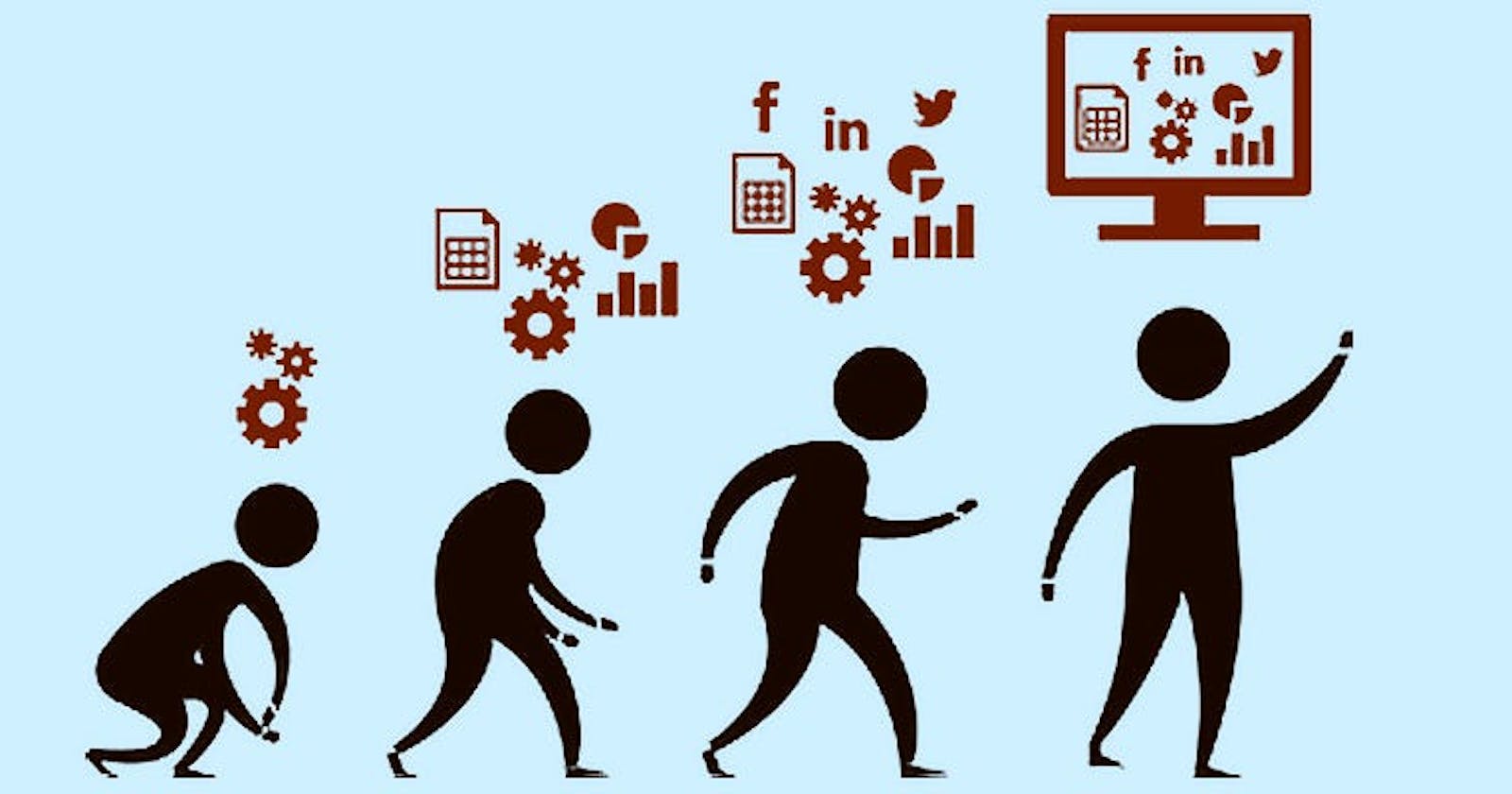Data science has become one of the most talked-about topics in the tech industry in recent years. It's hard to imagine a world where data isn't a fundamental part of our lives. From social media to e-commerce, almost every aspect of our lives is fueled by data. But how did data science come to be? In this article, we'll take a look at the history of data science and its evolution.
Data Science Before the 21st Century
Although the term "data science" may be a relatively new one, the concept of using data to gain insights has been around for centuries. In the 17th century, English astronomer and mathematician John Graunt used statistical methods to analyze mortality data in London. This was the first example of data analysis being used to answer important questions about public health.
In the 19th century, Florence Nightingale famously used statistical graphics to illustrate the impact of poor sanitation on soldiers' health during the Crimean War. Her work was instrumental in advocating for better hygiene in hospitals.
The 20th century saw the birth of modern statistics, with pioneers such as Ronald Fisher and Jerzy Neyman developing foundational concepts such as hypothesis testing and confidence intervals. These statistical methods were applied in a variety of fields, including medicine, psychology, and economics.
The Birth of Data Science
The term "data science" is often attributed to William Cleveland, who used it in a paper published in 2001. Cleveland was a statistics professor at Purdue University and recognized the need for a new approach to data analysis that could handle the explosion of data being generated by modern technology.
Around the same time, the rise of the internet and the proliferation of digital technology led to an exponential increase in the amount of data being generated. This explosion of data created a need for new tools and techniques to process and analyze it.
In 2009, the Harvard Business Review famously declared that data science was the "sexiest job of the 21st century." This marked a turning point in the perception of data science as a valuable and in-demand field.
Data Science in Practice
Data science is a multidisciplinary field that draws on expertise from computer science, statistics, and domain-specific knowledge. At its core, data science involves using data to answer questions and solve problems.
One of the earliest examples of data science in practice was the Netflix Prize competition, which was launched in 2006. Netflix offered a $1 million prize to anyone who could improve the accuracy of their movie recommendation algorithm by 10%. This competition drew the attention of data scientists around the world and led to significant improvements in recommendation algorithms.
Another example of data science in practice is the field of precision medicine. Precision medicine involves using genetic and clinical data to develop personalized treatments for patients. This field has the potential to revolutionize healthcare by allowing doctors to tailor treatments to individual patients' needs.
The Evolution of Data Science
The field of data science has evolved rapidly since its inception in the early 2000s. One of the key drivers of this evolution has been the development of new technologies and tools.
The rise of big data has been one of the most significant developments in recent years. Big data refers to the massive amounts of data generated by modern technology, such as social media, e-commerce, and the internet of things. Big data has created new opportunities and challenges for data scientists, who must find ways to process and analyze vast amounts of data.
Machine learning has also been a significant driver of the evolution of data science. Machine learning involves using algorithms to learn patterns in data and make predictions or decisions. This technology has enabled data scientists to build predictive models that can identify patterns and make recommendations.
The Future of Data Science
Data science is a rapidly evolving field, and the future looks bright. The proliferation of digital technology and the
